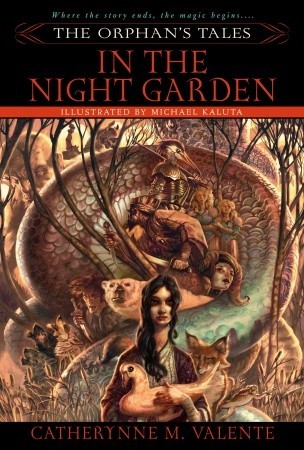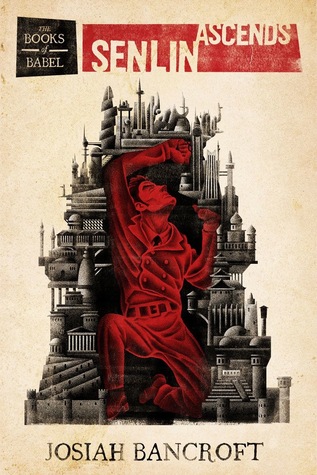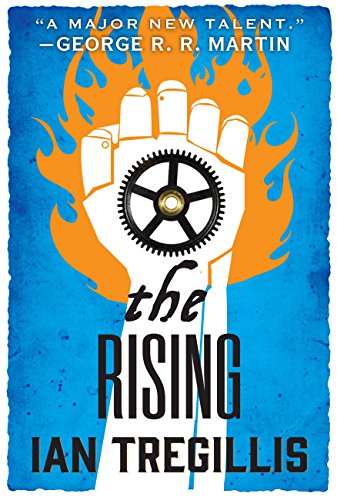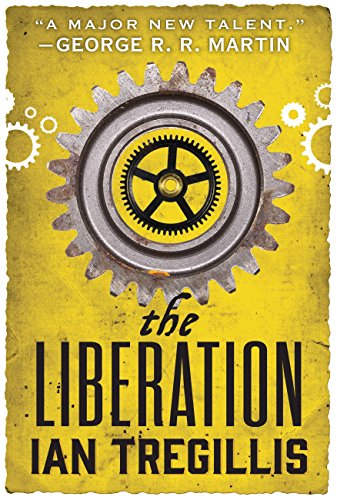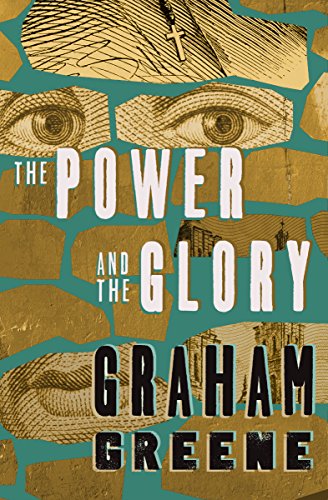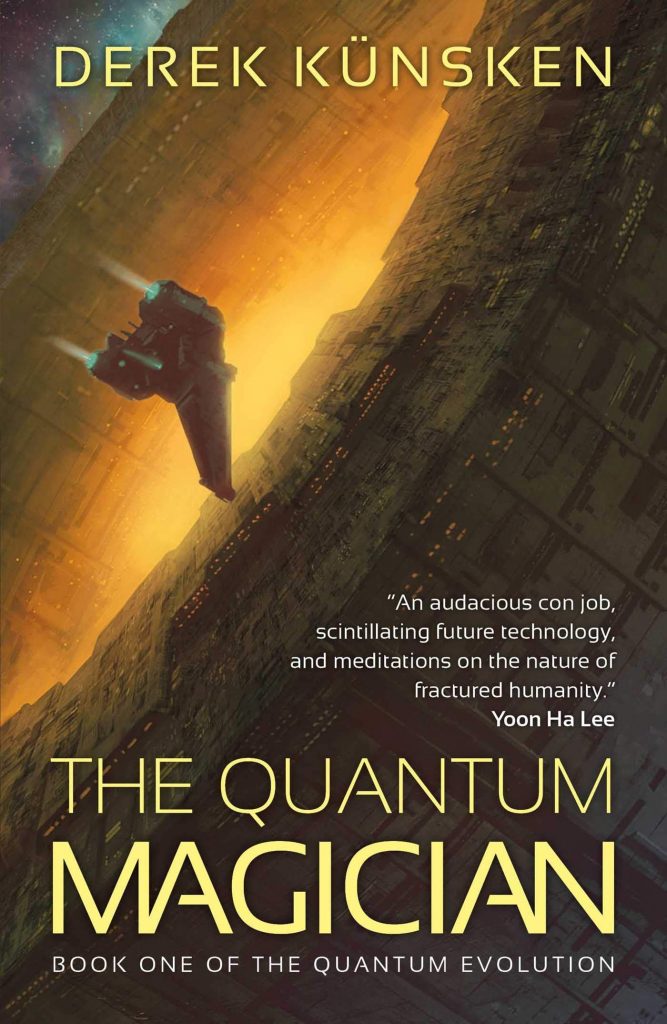
The Quantum Magician, the first part in The Quantum Evolution trilogy, by Derek Künsken. It’s been a long time since I read it — I really should write about the books I read as soon as I finish…
The Quantum Magician is the story of a space con job. The lead on the job, Belisarius Arjona, is what is called Homo quantus, a new species of humans that has been engineered to be able to directly interact with the quantum world. His species isn’t the only new ones, there is a group of people called the Puppets, that are engineered for religion and another group bred for a planet consisting only of water so have bodies that can withstand the pressures of the deep ocean. There are artificial intelligent (AI) beings, some of which are priests. All of this is against the backdrop of worlds that are at odds with one another, with one group holding power over the others. It is in this universe that Belisarius is pulling off the greatest of con jobs.
Behind the plot is a discourse on the future of humankind, the role of evolution in driving us, and the next steps in that evolution. In a world where AI beings can be created that have complete personalities and lives, what is the role of the programming that created them? “Evolution created a set of algorithms that, interacting together, created consciousness in humans. And yet those algorithms still link food and pleasure, hunger and pain. If you were creating a wholly synthetic being, and you programmed them to be happy when they’re fed, how is that different?”
Another theme is the pursuit of knowledge versus the pursuit of power. “They’re struggling for who’s in charge and who has the most money when questions of how the cosmos works are all around them, unanswered.” With all of the resources we have, why do we use them to accumulate more instead of trying to understand the world around us? Is that not a sufficient goal in and of itself? Do we need to strive to be on top, to be above those around us?
Belisarius isn’t the most sympathetic of characters. And some of the ideas Künsken comes up with are very weird and twisted. The whole Puppet society and their weird and twisted take on religion verges on the edge of disturbing. If I have one disappointment, it is that, while the future of people, the next steps of guided evolution, are intriguing, the technology of Künsken’s future is less unique, is less well developed, at least for me. But, the characters are interesting and the plot is an adventure ride, so I’ll be coming back for part two.
